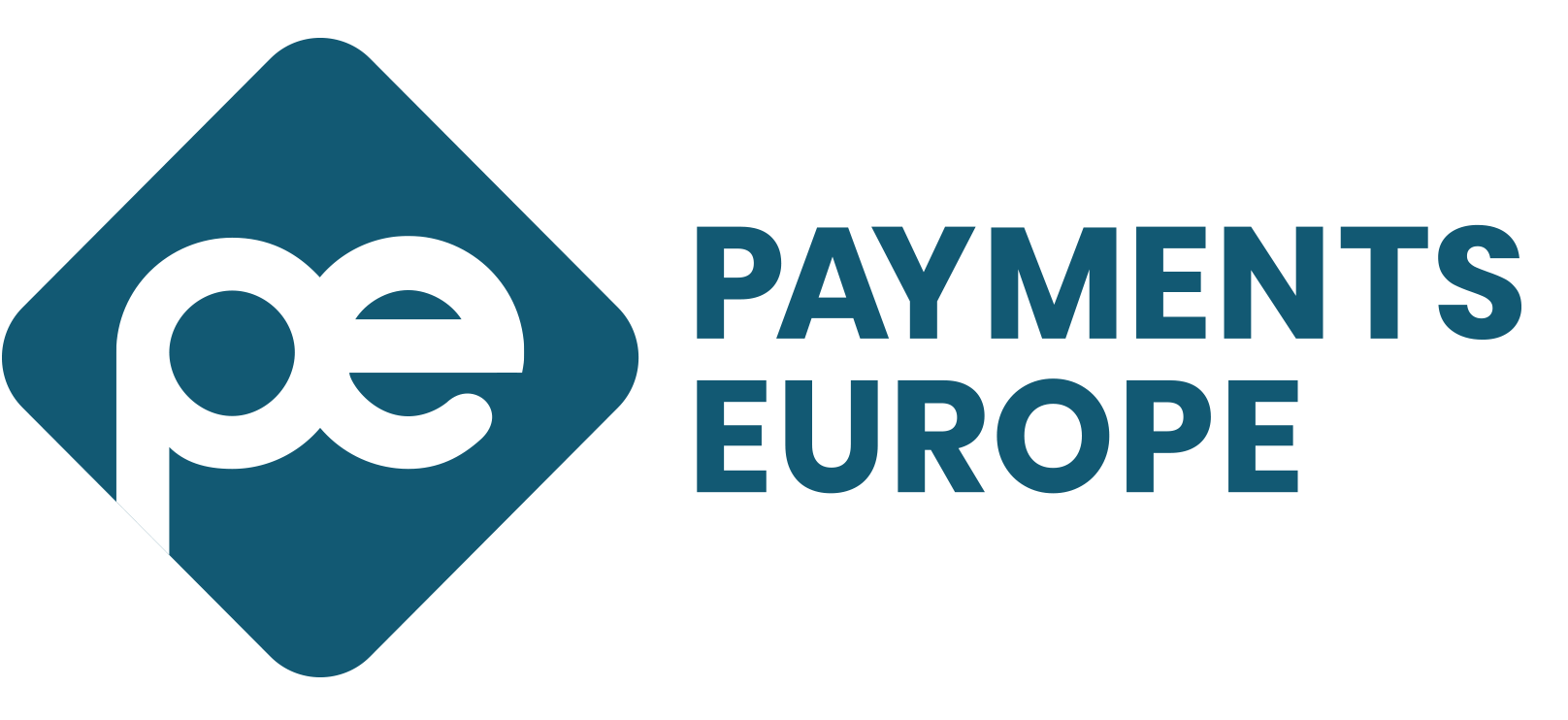Dear Mr./Ms.,
I am writing you on behalf of Payments Europe, the association of card-based payment solutions providers. Payments Europe members are active in Europe and the UK, representing card issuers, card acquirers, and card schemes. Our mission is to promote the value that card-based payments bring to the economy and society. We strive for a vibrant, competitive, safe, and consumer-centric payments market, supported by a balanced regulatory framework.
Payments Europe took note of the interim report of the UK Payment Systems Regulator (PSR) Market review of UK-EEA consumer cross-border interchange fees. Payments Europe would like to take this opportunity to provide our comments on the proposed price caps. We are open to further engaging with the UK PSR and other stakeholders to inform your work and to ensure any review of card fees is based on evidence from the whole spectrum of stakeholders, including the cards industry.
Generally, interchange provides the economics that underpin the key elements of an efficient electronic payment ecosystem. These include acceptance, innovation, security, fraud protection, and guaranteed payments to merchants. Hence, the interchange is crucial for a healthy acquiring ecosystem capable of driving acceptance among new merchants. As such, it should be high enough for new players to be incentivised to enter the space and low enough that merchants are encouraged to adopt digital payments.
More specifically, we believe that:
- Interchange fees should not be viewed simply as a cost to an acquirer/merchant which, therefore, needs to be managed or regulated to the lowest possible level. Interchange is about balancing the interests of all participants in the ecosystem. They have a clear purpose and value in allowing issuers to deliver services on behalf of cardholders, which in turn benefits merchants by encouraging usage/driving sales. The alternative may be that no sale is made or that more expensive alternatives are used, e.g., 3-party cards or BNPL.
- The European 20/30 rates were set nearly 10 years ago for domestic (and intra) transactions within the EU. They are not, and never were, the appropriate benchmark to use for cross-border transactions beyond the EU.
- The Interchange Fee Regulation’s (IFR) approach to setting the same interchange for card-present (CP) and card-not-present (CNP) transactions is out of date and superseded by the 2019 Commitments approach of setting a higher rate for CNP, reflecting the obviously higher fraud costs of those transactions. By setting the same interchange level for CN and CNP transactions, the PSR would be adopting the old approach for the future.
- The Payments Europe Members confirm and emphasise that the 20/30 rates are not sufficient to cover issuer costs (particularly fraud costs) of cross-border CNP transactions and can assist you further to support this point.
- Following the previous point, 20/30 does not incentivise issuer investment in promoting the use of card payments.
- The PSR seemed to be concerned about the cost to UK merchants, not taking into account the importance of interchange received by EU issuers. If the European Commission chose to reciprocate and apply the same 20/30 rates in reverse, it would severely impact the interchange revenues of UK issuers, which would reduce their ability to invest on behalf of UK merchants.

